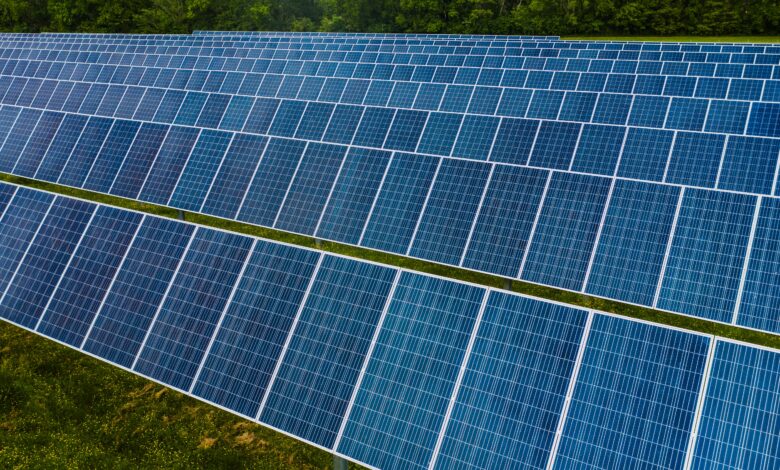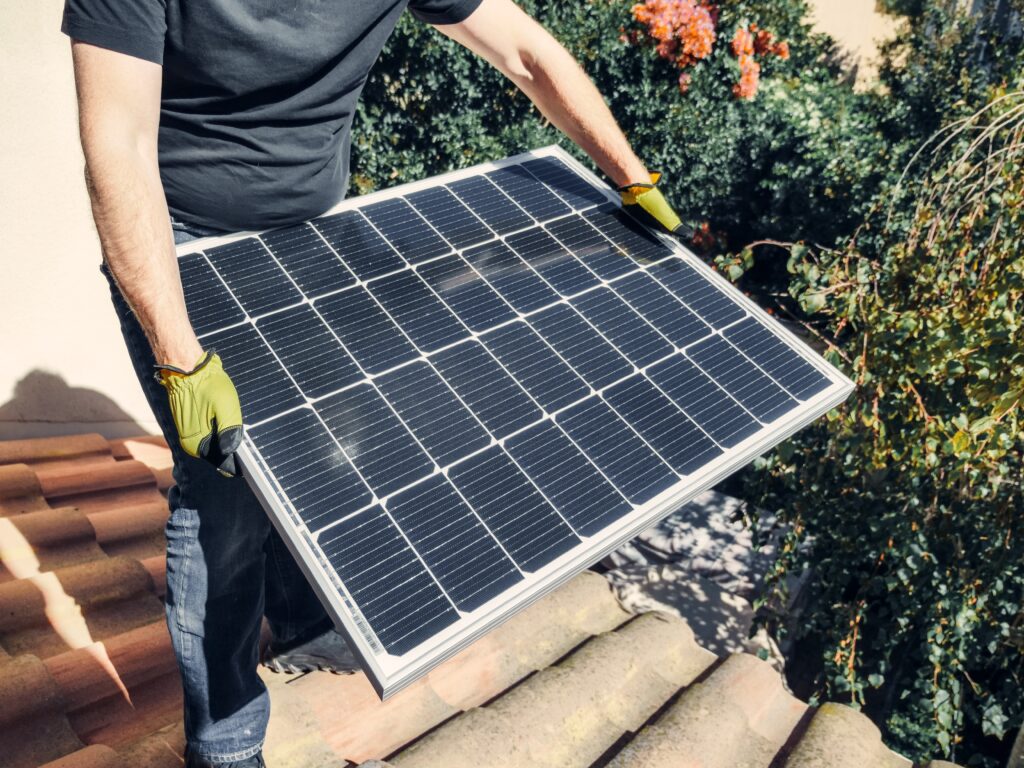Solar Innovation: What is the Impact of Lightweight Solar Panels

A quick guide on the innovation of lightweight, recyclable solar panels has revolutionized the way we think about renewable energy and its impact on nature.
A new solar panel has been developed by two manufacturers – one is Solarge based in the Netherlands and the other is Econcore based in Belgium. It is both fully recyclable and lightweight. Instead of using heavy glass, the panels use a sturdy honeycomb structure which makes them up to 65% lighter than traditional panels, allowing for easier installation and eliminating the need for an aluminum frame. The honeycomb structure also increases impact resistance and makes them more efficient at controlling temperatures, unlike glass panels that become less efficient in high heat settings.
Additionally, the reduced material usage of honeycomb tiles makes recycling more cost-effective and feasible. These panels can now be installed on weight-limited buildings such as barns, providing a more sustainable and efficient energy solution.
Weight is an Important Factor in Solar Panel
Typical solar panel systems consist of panels, mounting materials, and ballast to keep them in place, resulting in a weight of around 25 kg per square meter. However, Solarge has already developed lightweight PV systems that use roof anchors instead of ballast, significantly reducing the weight to just 8 kg. This makes them suitable for installation on commercial and industrial roofs, which are often constructed to be as lightweight as possible, capable of supporting only their own weight and the legally required rain and snow load.
Consequently, heavy solar panels are usually not feasible due to strict regulations. Using lighter panels not only helps to comply with regulations but also reduces material usage and facilitates easier installation.
Recycling Solar Panels are Difficult

Recycling solar panels is a difficult process, which often results in them being sent to landfills. This is due to their complex composition of multiple layers with different components that require separation, a costly and time-consuming procedure that is often considered impractical. Moreover, the extraction process often involves hazardous chemicals. It poses a significant challenge for an industry that aims to protect the environment by decarbonizing the energy sector. However, the Solarge panels with a honeycomb core use recycled and recyclable materials that are free of toxic PFAS chemicals. Their design utilizes just two materials, making it simpler to split and sort the components for recycling purposes.
The Bottom Line
The production of renewable energy does not result in the release of greenhouse gases, which are the primary drivers of climate change, nor does it emit harmful pollutants into the environment. In this scenario, the innovation of lightweight as well as recyclable solar panels is definitely an important step to building a sustainable future.
The Disposal Company is helping brands to become plastic-neutral and carbon-neutral to mitigate the adverse impact of global warming. Click here to contact us.




